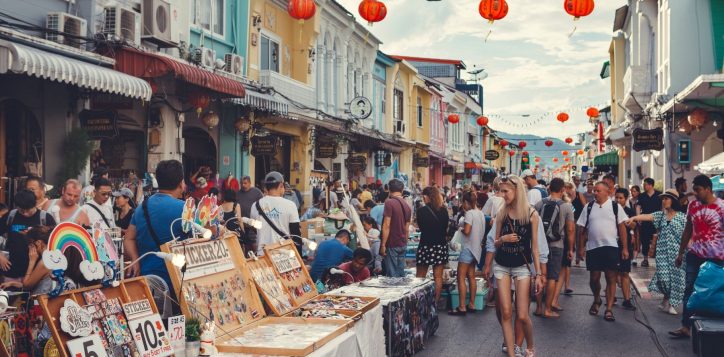Pullman Phuket Arcadia Naithon Beach - Luxury hotel - A GUIDE TO ETHICAL SOUVENIR SHOPPING IN THAILAND
Pullman Phuket Arcadia Naithon Beach
- English
- See this hotel on all.accor.com or brand website in other languages :
A GUIDE TO ETHICAL SOUVENIR SHOPPING IN THAILAND
What Not to Take Home: A Guide to Prohibited Souvenirs in Thailand.
Exploring Thailand is an unforgettable adventure filled with vibrant culture, stunning landscapes, and unique traditions. While it’s tempting to bring a piece of Thailand home with you, it’s essential to be mindful of the country’s strict regulations on souvenirs. These rules are designed to protect Thailand’s wildlife, cultural heritage, and promote sustainability.
With a little guidance, you can make informed, ethical choices while shopping for keepsakes. Here’s everything you need to know about what souvenirs to avoid and how to make your shopping environmentally friendly.
Why Are Some Souvenirs Prohibited?
Thailand has regulations in place to ensure the preservation of its natural and cultural treasures. These rules aim to:
- • Protect Endangered Species: Combat illegal wildlife trade and support conservation efforts.
- • Preserve Cultural Heritage: Ensure that historical and religious artifacts remain within the country.
- • Promote Sustainability: Encourage responsible tourism and support eco-friendly practices.
By adhering to these guidelines, you contribute to preserving Thailand’s beauty and resources for future generations.
Thai Customs Restricted and Prohibited ItemsProhibited Souvenirs: What Not to Take Home
To avoid legal issues and make responsible choices, steer clear of the following:
1. Wildlife and Wildlife Products
Thailand is a signatory to the Convention on International Trade in Endangered Species (CITES), restricting the trade of endangered animals and their products.
- Avoid These Items:
- • Ivory products
- • Animal skins and furs
- • Products made from turtles, sharks, seashells, or corals
2. Religious Artifacts and Antiquities
Thailand's religious and cultural artifacts are protected to maintain their historical and spiritual significance.
- Avoid These Items:
- • Antique statues and artifacts
- • Religious objects over 100 years old
- • Buddha images without proper documentation
3. Plants and Plant Products
To safeguard Thailand’s rich biodiversity, certain plants and plant-derived items cannot be exported without proper permits.
- Avoid These Items:
- • Endangered plant species
- • Protected orchids and rare flowers
- • List here
How to Shop Responsibly in Thailand
Follow these tips for ethical and sustainable souvenir shopping:
- Support Local Artisans: Choose handcrafted items like traditional textiles, ceramics, or locally made jewelry. This not only supports local communities but also provides you with a unique memento.
- Look for Certified Products: Seek items under programs like the “One Tambon One Product” (OTOP) initiative, which promotes sustainable and authentic goods.
- Ask Questions: Unsure about an item? Don’t hesitate to ask the seller if it’s legal to export.
- Opt for Handmade Over Mass-Produced: Handmade items are not only more special but also help reduce your environmental footprint and support local economies.
Souvenir Shopping: Protecting Thailand’s Beauty
By choosing ethical souvenirs, you’re not just bringing home a piece of Thailand—you’re helping preserve its wildlife, culture, and natural resources. Make your travel memories meaningful by supporting sustainability and respecting the rules. Together, we can ensure that Thailand’s treasures remain protected for generations to come.
